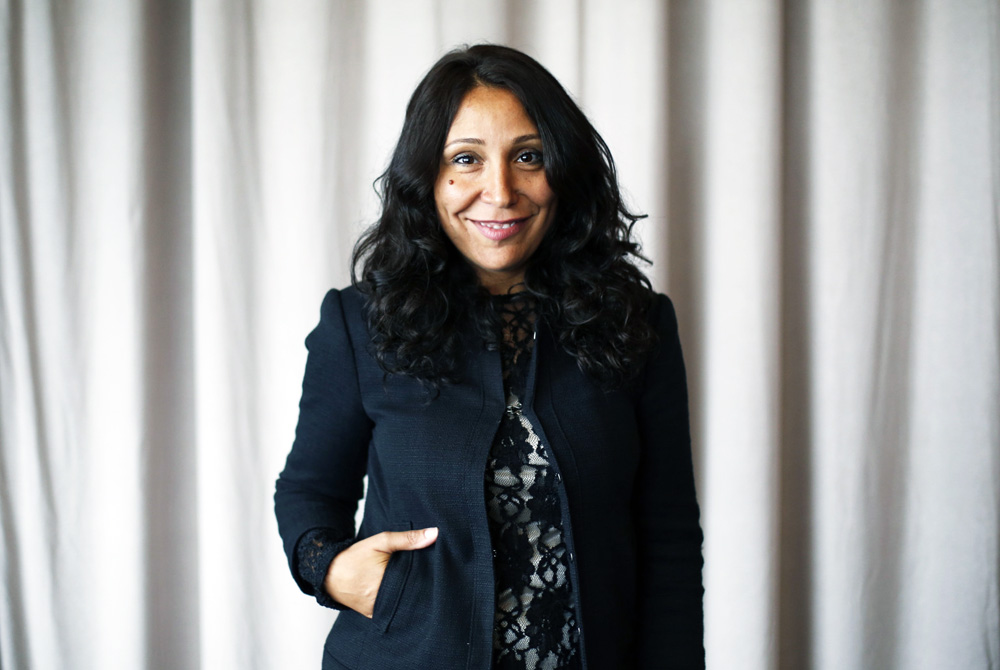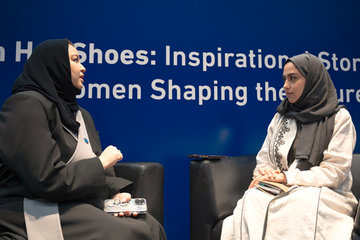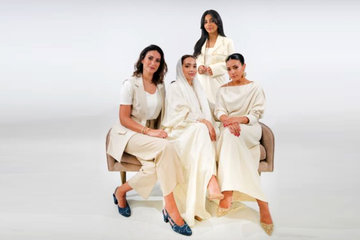
Haifaa Al-Mansour
Following last year’s rescinding of a 35-year-old ban on public cinemas, Saudi Arabian women have taken the lead in the Kingdom’s renewed filmmaking industry. Today, women make up around 60 percent of filmmakers in the country, surpassing their male counterparts, as reported by Saudi Gazette.
Faiza Ambah, a screenwriter and film director, spoke to the news site outside a panel discussion organized by Saudi Art Council and American Film Showcase earlier this week. She explained that Saudi women are breaking stereotypes more than ever and are advancing because “[i]n this industry we were able to make something out of nothing.”
Other experts who joined Ambah on the panel included: Anu Valia from the USA whose short film, “Lucia, Before and After” won the Jury Prize for US Fiction; Hisham Fageeh the co-producer of “Barakah Meets Barakah,” a drama-comedy film which represented Saudi Arabia in the foreign language film Oscar; and Jassim Al-Saady, a production manager known for “A Hologram for the King,” Journey to Mecca,” and “Where in the World is Osama Bin Laden.”
As the Kingdom prepares to bring back cinema to every city, public discussions such as there that focus on how to successfully transition into the future of Saudi cinema and the challenges ahead are key.
“There needs to be a law infrastructure for the cinema, so people can be directed in the right direction […] Making films is a process of reducing damage because there is so much that can go wrong,” explained Fageeh.
Within academia, the atmosphere for women aspiring to become filmmakers is changing as well. As Gulf News reports, Effat University in Jeddah has changed the name of its Visual and Digital Production course to Cinematic Arts. The original title was adopted at the time to help keep the course under the radar of religious police and local communities opposed to the idea of men teaching women how to make movies.
As part of the Kingdom’s Vision 2030, which is being spearheaded by Crown Prince Mohammad Bin Salman, Saudi Arabia is expecting to diversify its economy by focusing on its other sectors, including arts and entertainment.
Authorities hope that by opening 300 cinemas and building a film industry, more than $24 billion can be added to the economy and 30,000 jobs created.

















